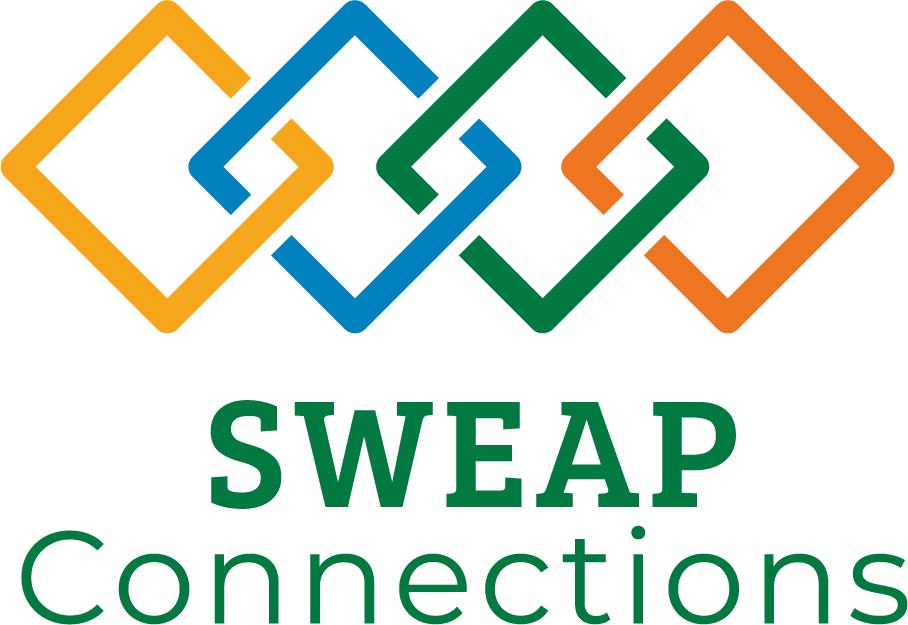Let’s discuss one of the best-kept secrets in the business world: Employee Assistance Programs. As an increasing number of employers offer this valuable benefit, a shockingly low number of employees actually utilize it. The reasons for this are varied, yet boil down to four key points. That is, people are concerned that the services aren’t confidential; they don’t want to face the stigma associated with seeking help; they mistakenly believe they need permission to access the services; and they are unaware that such services exist.
As an employer, it’s important to break down each of these concerns so that more employees access this remarkable service. Here, we tackle each one.
People Worry That It’s Not Confidential
Understandably, people worry that their private struggles will become public knowledge if they access their company EAP. As a result, leaders need to consistently inform employees how the EAP program works, beginning with the fact that confidentiality is guaranteed so long as the threat of harm isn’t present. “I can’t tell you the number of times I’ve had to tell employees not to worry about the confidentiality aspect because their information is protected by HIPAA. If an EAP vendor were to provide us with information about a specific employee’s conversations with a counselor, not only would the vendor get sued, but we’d get sued as well, especially if we made any employment decisions based on that information,” explained Bruce Elliott, compensation and benefits manager for the Alexandria, Va.-based Society for Human Resource Management.
People Worry About the Stigma
Asking for help is difficult. Asking for help from a stranger ratchets up the challenge tenfold. It proves to be too big a hurdle for many people, particularly men who face overwhelming pressure to be strong and all-knowing. Of employees who access EAP services, 60 percent of them are female. As an employer, it’s useful to bestow a sense that everyone struggles with problems and consequently, everyone needs help, notes Steve Albrecht of Psychology Today. “Each of these concerns can be addressed urgently and competently by EAP professionals, who may have a list of resources where they can refer the employee as well,” he stated.
People Worry That They Must Ask for Permission
Similar to the concern about confidentiality, employees don’t want to ask for their supervisor’s permission in order to access EAP services. Needing to do so is perceived as an unnecessary hurdle that reduces any chance of keeping information private. Again, an employer can avoid this barrier by explaining the EAP process. Specifically, employees must understand that they don’t need to go through Human Resources nor ask anyone for permission. Flexibility is also paramount to many EAP programs; that is, therapists will often meet in an office, over the phone, or at a person’s place of employment in order to be accommodating.
People Are Unaware of the EAP
Despite the prevalence of such programs, a large number of employees simply don’t know the benefit is available. Communication is a powerful way to overcome this hurdle. Employees should be informed of the EAP during orientation and periodically thereafter.
As an employer, you may wonder just how often people are using the EAP program your company offers. Given the potential benefits such a program has for an employer, it would be wise to reflect on the obstacles and try to eliminate them.

